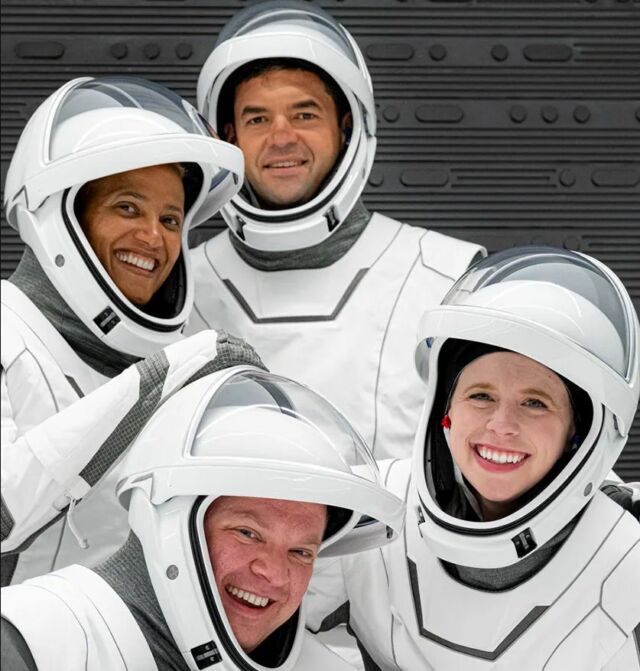
“The challenge is if we start developing that regulatory environment too soon before we have enough data, before we have enough knowledge of those individual vehicles, there is a long-term safety risk that something could go wrong," Drees told the House Science Committee. "The purpose of continuing to innovate while we develop these standards side by side with the regulator will allow us to have the most safe vehicles on the market in the future.”
Caryn Schenewerk, a space law and policy consultant formerly with SpaceX and Relativity Space, echoed that view in the same House committee hearing. The three companies currently flying people to space on a commercial basis have vastly different vehicle designs, she said. It's not easy, and potentially counterproductive, to write one-size-fits-all regulations for an industry with such a broad range of designs.
"I think it’s an important point that writing a regulation based on a number as small as three is a challenge in and of itself, much less in an industry where you haven’t had a consolidation of design," she said.
Schenewerk said the commercial human spaceflight industry is not operating free of regulation. There are rules about what the human spaceflight providers must tell their passengers about the risks and past mishaps. "The original premise underpinning the learning period still appears solid," she said.
“Anybody who wants to fly on these rockets needs to be thoroughly briefed on all the hazards, all the risks, all the things that could go wrong, that they could be injured or even killed on these flights," said George Nield, a former head of the FAA's Office of Commercial Space Transportation. "Then, if they're still willing to go... they sign the piece of paper and they're allowed to fly."
Nield is in a unique position to understand the informed consent clause, and he is obviously confident in the capabilities of commercial space companies. After retiring from the FAA, he flew to space on Blue Origin's New Shepard rocket in 2022.
The FAA's requirement for informed consent is not very specific, according to Nield. "The responsibility is with the company to know and then to describe the hazards and to ensure that the customers have an opportunity to have the conversation about it, and ask any particular questions they want in order to be prepared to accept that risk.”
What happens if the moratorium expires?
The authors of a study by the RAND Corporation released in April recommended allowing the moratorium to expire this year, despite finding a lack of progress in the industry to set up voluntary standards. But that doesn't necessarily mean regulations should, or will, be introduced immediately.
“I know there are some [in the] industry who think extending the moratorium is very, very important," Nield said. "But frankly, I think their fears are perhaps a bit exaggerated."
"We don’t have a drawer full of regulations ready to go, far from it," said Kelvin Coleman, who now leads the FAA's commercial space office, the division previously headed by Nield.
The FAA "would just like to engage with industry and figure out what the future regulatory framework ought to look like," Nield said. "So, in some sense, there may not be a noticeable change at all, at least in the near term."
Although there are no rules at the ready, regulators at the FAA are preparing for the possibility that the moratorium will end soon.
"We don’t know what will happen here at the end of the fiscal year as the moratorium faces sunset, whether it will sunset or whether it will be extended. We don’t know," Coleman said in May at a meeting of the FAA's commercial space advisory committee. "In the meantime, we thought it best that we not sit on our hands, that we begin to do the necessary work to prepare for the eventuality of regulation of human spaceflight."
The FAA has established a space aerospace rule-making committee to look into different options for regulations, receiving input from industry and "other stakeholders," the FAA says. The committee is expected to work for "the better part of two years" before submitting their recommendations, Coleman said.
reader comments
150 with